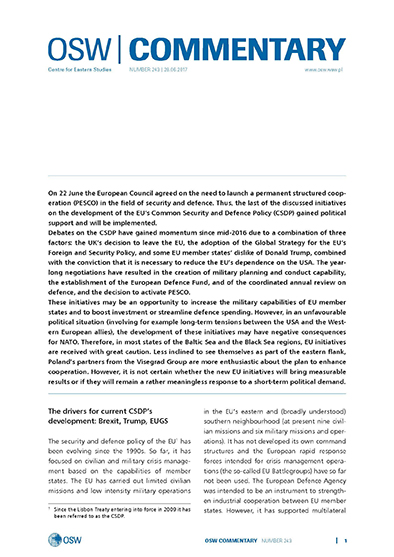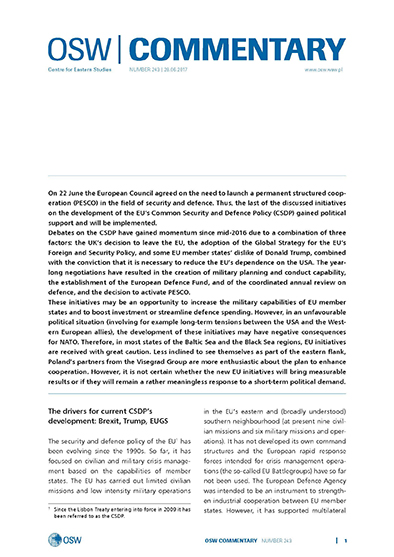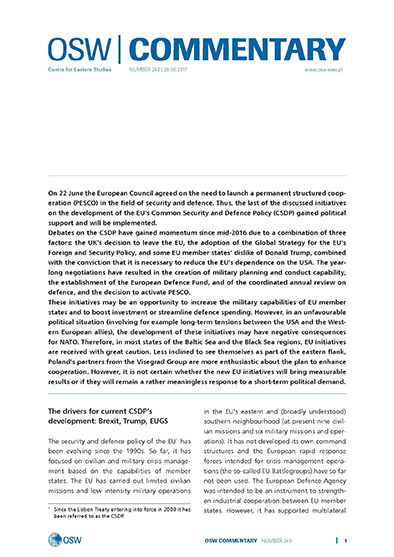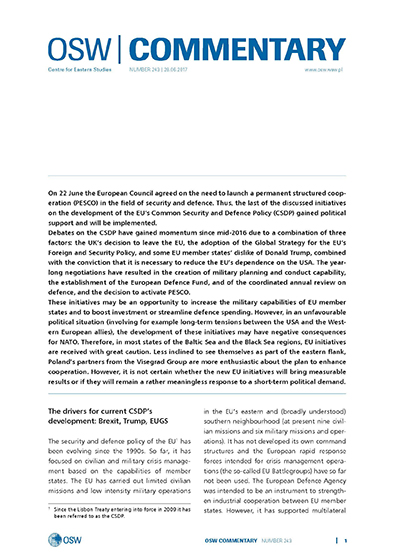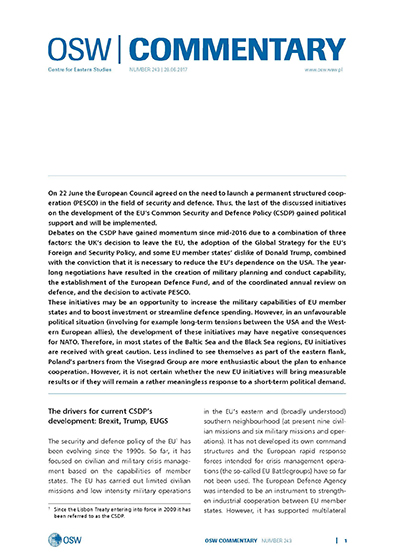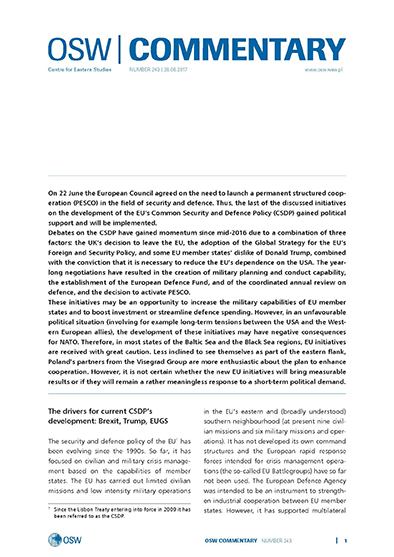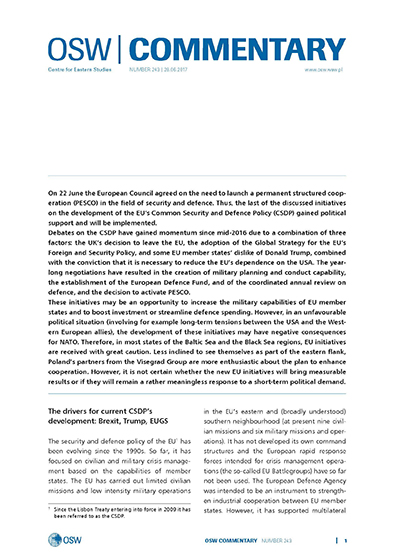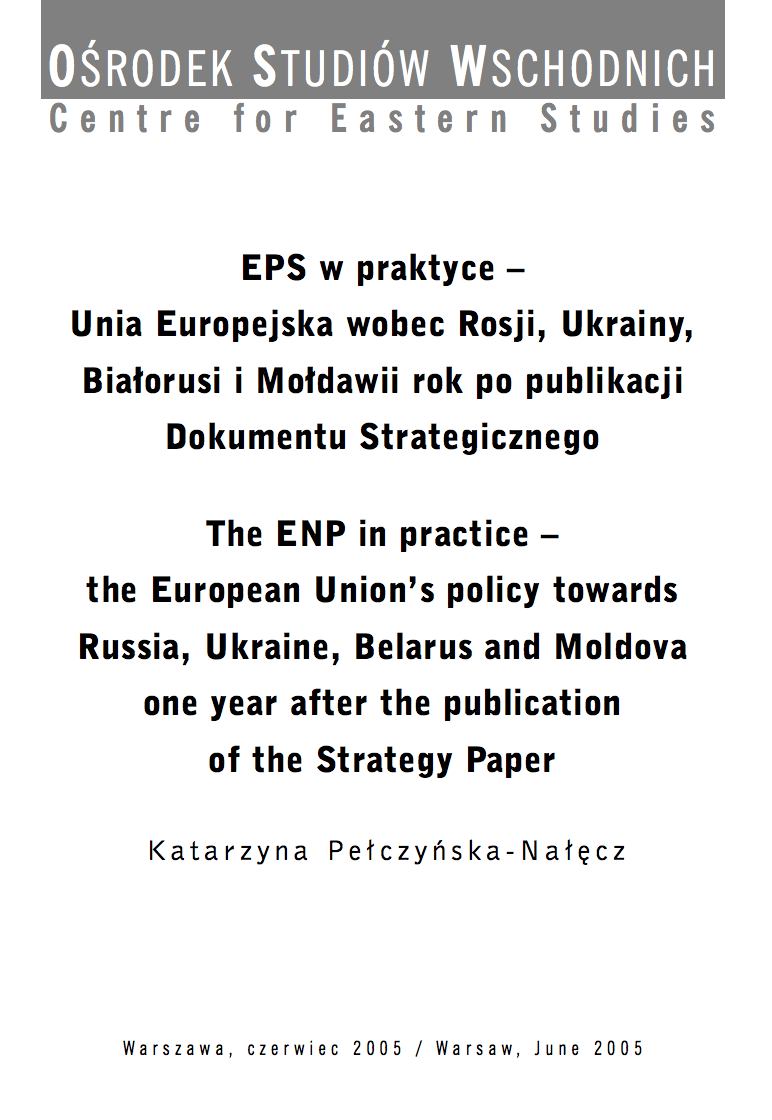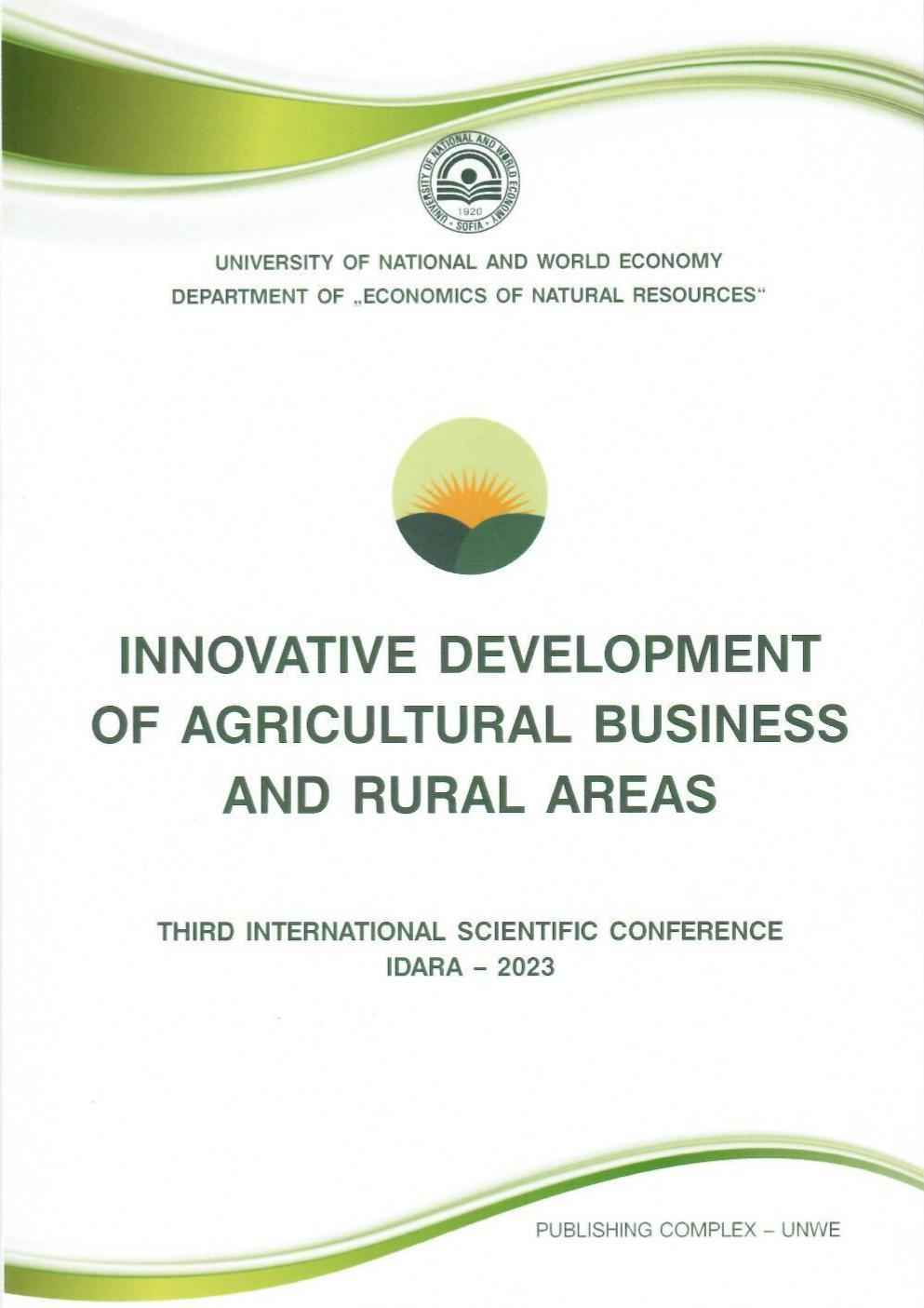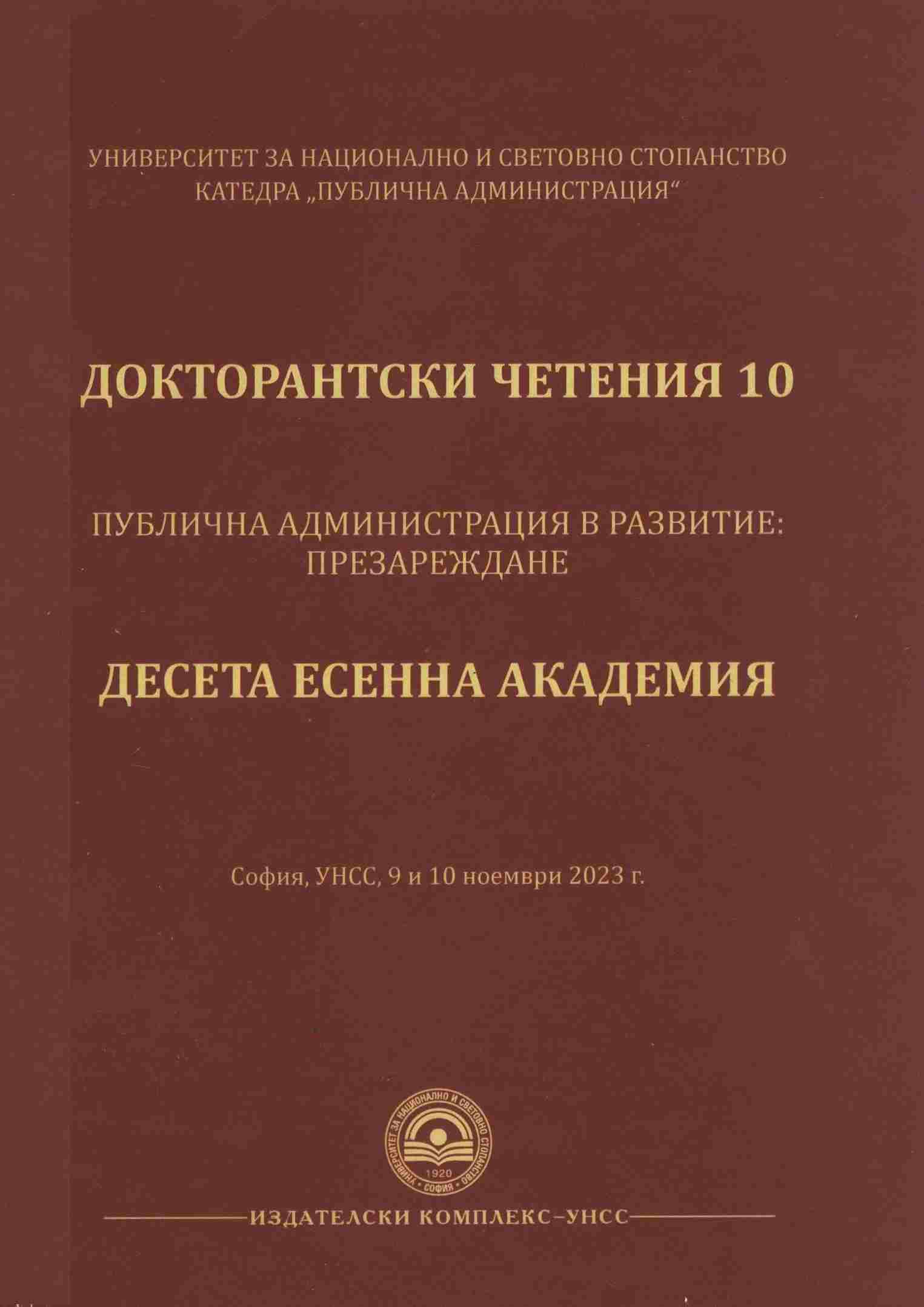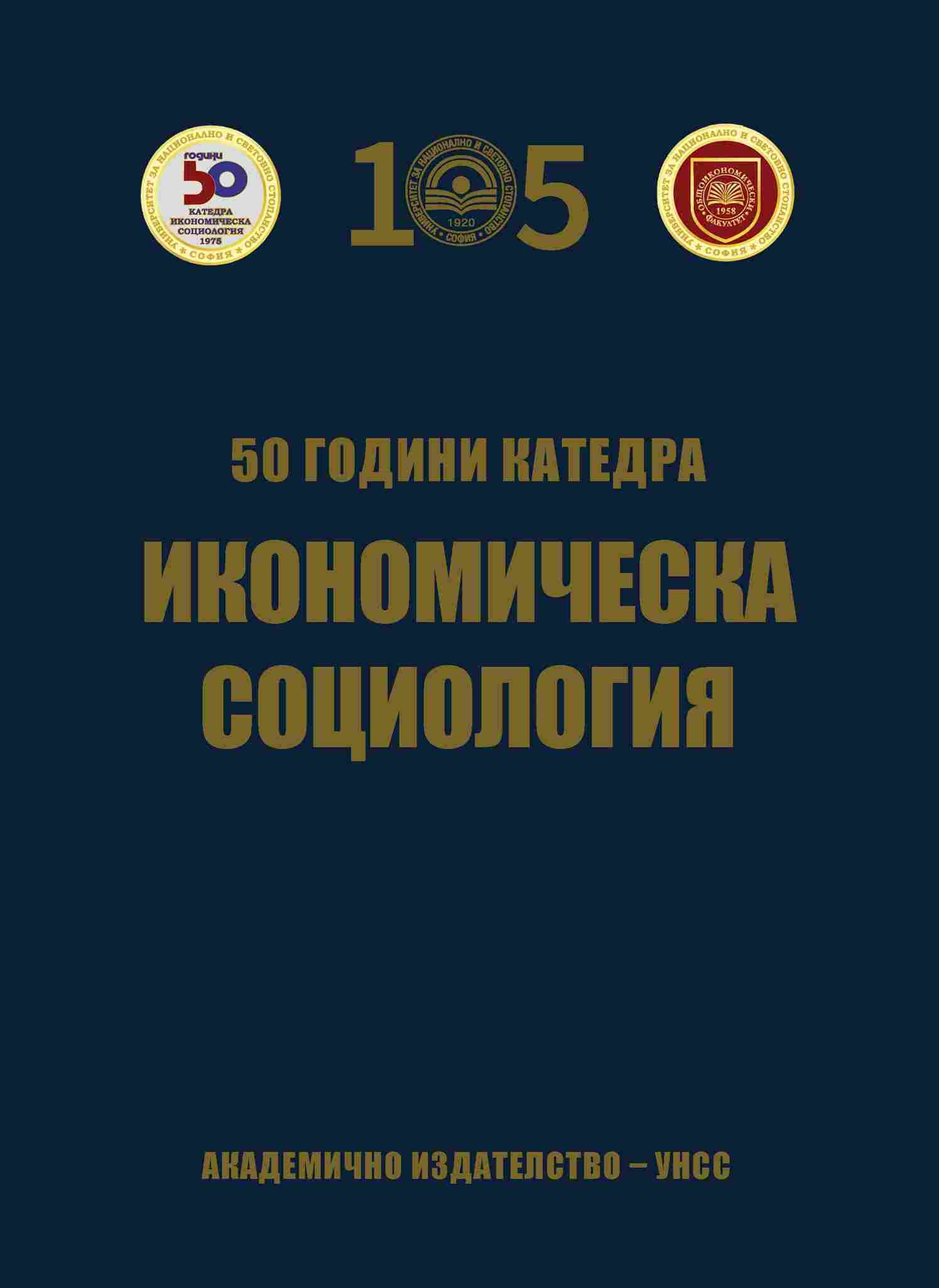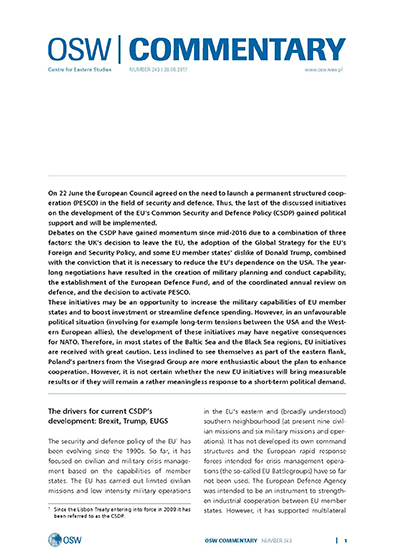
Russian nationalists on the Kremlin’s policy in Ukraine
On the Day of National Unity, celebrated in Russia every 4 November, members of nationalist movements organise a so-called Russian March in Moscow. In 2014 the nationalists took part in three competing marches, which illustrated the divisions present in these circles. The reason for these divisions is a difference of opinions on the policy pursued by Russia towards Ukraine. The pro-Russian, Russia-inspired protests in south-eastern Ukraine organised under the slogan of ‘defending’ the Russians living there (the ‘Russian Spring’) and the annexation of Crimea were received enthusiastically by the nationalists and contributed to a consolidation of these circles around the Kremlin which lasted for several months. In spite of this, opinions on the Russian government’s current policy towards the so-called Donetsk and Lugansk People’s Republics have been varied. The most radical groups have demanded that military support be offered, and that the ‘confederation’ of these republics, the so-called ‘Novorossiya’, should be officially recognised. They consider the Kremlin’s policy to have been too soft, and see the signing of the peace agreements in Minsk as a betrayal of the interests of the Russians. For the remaining representatives of nationalist circles, who are not so numerous and are less visible in the public sphere, finding a solution for Russia’s domestic problems remains a priority. Some of them oppose the very notion of Russia’s involvement in the conflict.
More...
